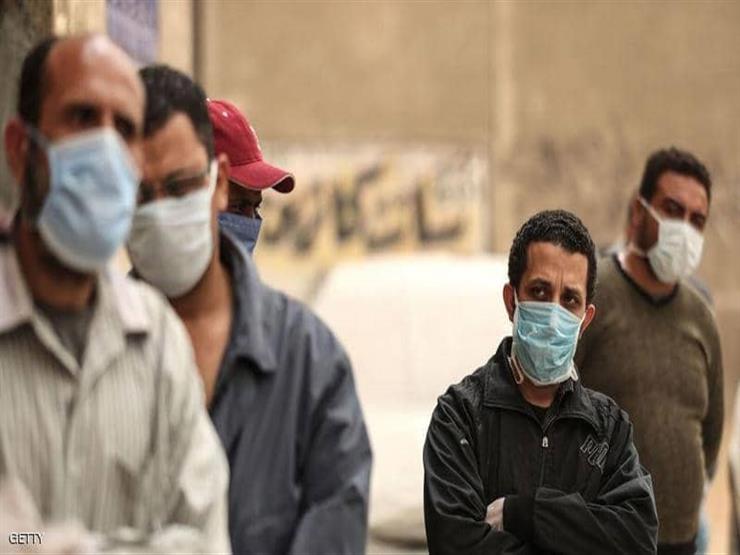05:10 PM
Sunday 08 November 2020
–
Books – Sayed Metwally
Hala Zayed, Minister of Health and Population, revealed the groups who are most and least vulnerable to infection with the Coronavirus, with the approach of winter and the second wave.
This came during a press conference by the minister, in which she discussed the latest developments in the epidemiological situation in Egypt compared to the countries of the world, the preventive and precautionary measures taken by the state and the important instructions to educate citizens in conjunction with the onset of winter and the second wave of the emerging corona virus (Covid-19) in many countries of the world.
The most vulnerable groups
According to the Minister of Health, the groups most vulnerable to infection with Corona, with the fears of the second wave, are:
Citizens over 60 years old.
People with chronic diseases.
Pregnant women.
Those with immune diseases.
Good news for these
At the same time, Minister of Health Hala Zayed confirmed that with the second wave, there are groups who are less likely to be infected with the deadly virus, and they work in open and well-ventilated places, such as:
– The farmer.
– the driver.
– Working with open sites.
Golden tips for dealing with the second wave
The Minister of Health sent several advice to the Egyptians regarding dealing with the second wave of the Corona virus, which are:
Wash your hands often.
Wear a muzzle and dispose of it safely by throwing it in the trash and disinfecting hands afterwards.
Do not share personal tools with others.
Constant surface disinfection.
Maintaining social distancing, avoiding indoor and crowded places.
Instructions for wearing a mask safely
The Minister explained that:
Not wearing a loose-fitting muzzle.
Covering the nose and mouth with it.
Not to take it off when interacting with others within a distance of less than a meter.
– Commitment to wear masks, especially with the marked decrease in temperatures during the months of December, January and February.
Tips in everyday life
The Minister specified the types of daily activities for citizens in terms of the possibility of exposure to HIV infection, which are divided into:
Low-risk activities such as outdoor exercise.
Medium risk activities such as shopping, where being in the shopping places for a short period of time.
High risk activities, which are activities in which a large number of citizens are in closed places for a long time, such as, crowded restaurant halls, and the cinema.
For workplaces
The Minister of Health and Population stressed:
The importance of the commitment of business owners and workers in closed spaces to clean and disinfect surfaces constantly.
– Forcing those who frequent these places to physically distance themselves, and to reduce holding meetings inside closed places.
– Using the ground signs to regulate the entry of citizens, and report any case of workers suspected of being infected with the virus, to take the necessary measures.
Not being indoors for long periods of time because it increases the rate of spread of the virus.
For schools
The Minister sent a number of advice to the students, including:
– Do not share tools among students.
Eat healthy foods.
– Make sure to exercise at home.
– .


